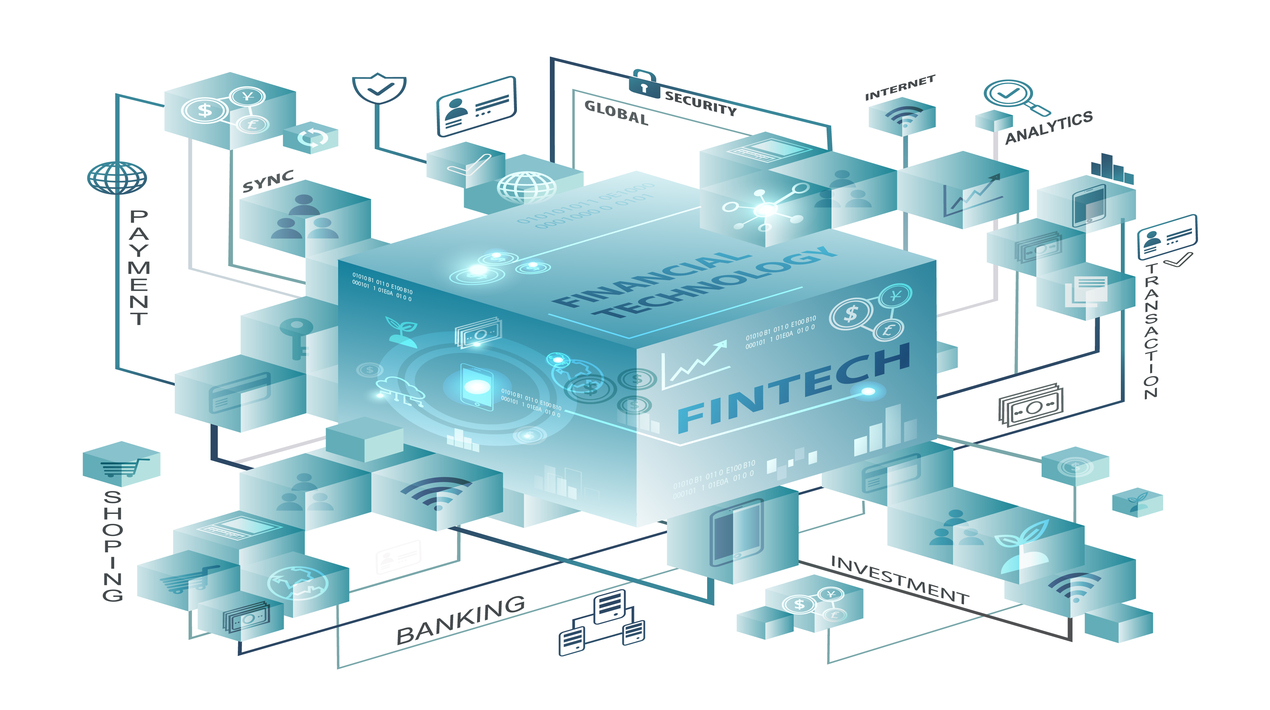
As the e-payments rise in popularity, fewer banknotes are being issued, ATM withdrawals are declining and fewer cheques being used, said the Monetary Authority of Singapore (MAS) via news reports. These come amid efforts to promote e-payments, such as online fund transfer services as a convenient alternative and a way to reduce the environmental impact of using physical notes and cheques, said the MAS in its first sustainability report.
The number of S$2, S$5, S$10 and S$50 banknotes issued fell 24 per cent last year from the previous year. Cash withdrawals at ATMs also dropped by 16 per cent to 172 million transactions, while 36.4 million cheques were cleared, a 23 per cent decline.
The agency emphasised that they are promoting the adoption of e-payments in Singapore that will help to slow the demand for physical currency, whose production and processing have a significant environmental impact. The MAS is also reducing the issuance of new notes during festive periods.
Around 100 million new notes are issued for the Chinese New Year and other festive periods every year. However, most of them are not needed by the public for daily use, especially the S$2 note, and the majority are returned to the MAS after each Chinese New Year. This is a waste of resources and results in unnecessary carbon emissions, the central bank said. Around 330 tonnes of carbon emissions are generated by producing new notes each Chinese New Year.
Looking ahead, MAS said it is progressively reducing the issuance of new S$2 notes for the Chinese New Year. It will also continue to promote e-gifting as an alternative and is encouraging financial technology firms to develop such solutions.
Other efforts to be more sustainable include working with its vendors to manage the carbon and environmental impact of printing currency notes. Steps taken by appointed printers include sourcing for renewable energy and printing carbon-neutral notes through carbon offsetting.
In the inaugural report, the central bank also laid out its carbon footprint over the past three financial years. It had engaged an external consultant to establish its carbon profile, which covers three areas:
- direct emissions primarily from fire extinguishing agents.
- indirect emissions from electricity usage by its offices in Singapore and overseas and,
- emissions from corporate activities like business air travel and waste incineration.
Indirect emissions from outsourced currency operations, such as currency production, processing and transportation, are excluded as MAS is still working to obtain and review emissions data from its vendors. It expects these emissions to contribute significantly to its total carbon footprint when they are eventually included. Preliminary estimates indicate that they could account for up to 40 per cent to 60 per cent of MAS’ overall carbon profile.
For now, indirect emissions from electricity usage and business air travel form the bulk of MAS’ carbon profile. It generated 8,968 tonnes of carbon emissions in the 2018/19 financial year, before trimming that to 8,225 tonnes in the following year. For both financial years, electricity and business air travel accounted for more than 90 per cent of these emissions. Total carbon emissions fell by nearly 50 per cent to 4,383 tonnes last year but the agency noted that it was an aberration due largely to air travel being a no-go during the COVID-19 pandemic.
Moving forward, the central bank said it will continue to track its usage of electricity, water and paper. Since 2013, it has managed to cut energy and water consumption by 23 per cent and 5 per cent, exceeding or meeting the respective public sector targets of 15 per cent and 5 per cent. MAS is positive that they will continue with ongoing efforts to reduce the environmental impact of their currency operations.
















